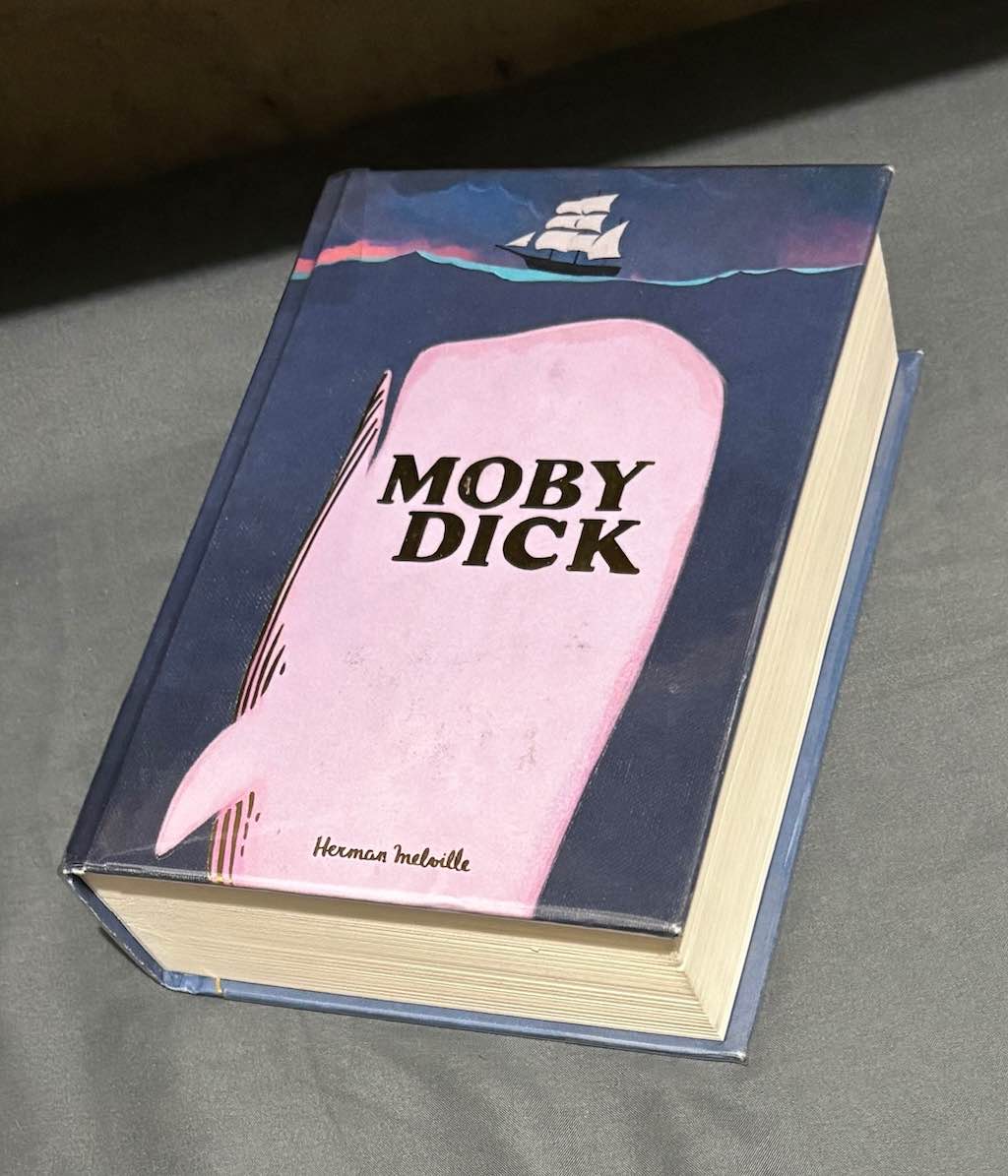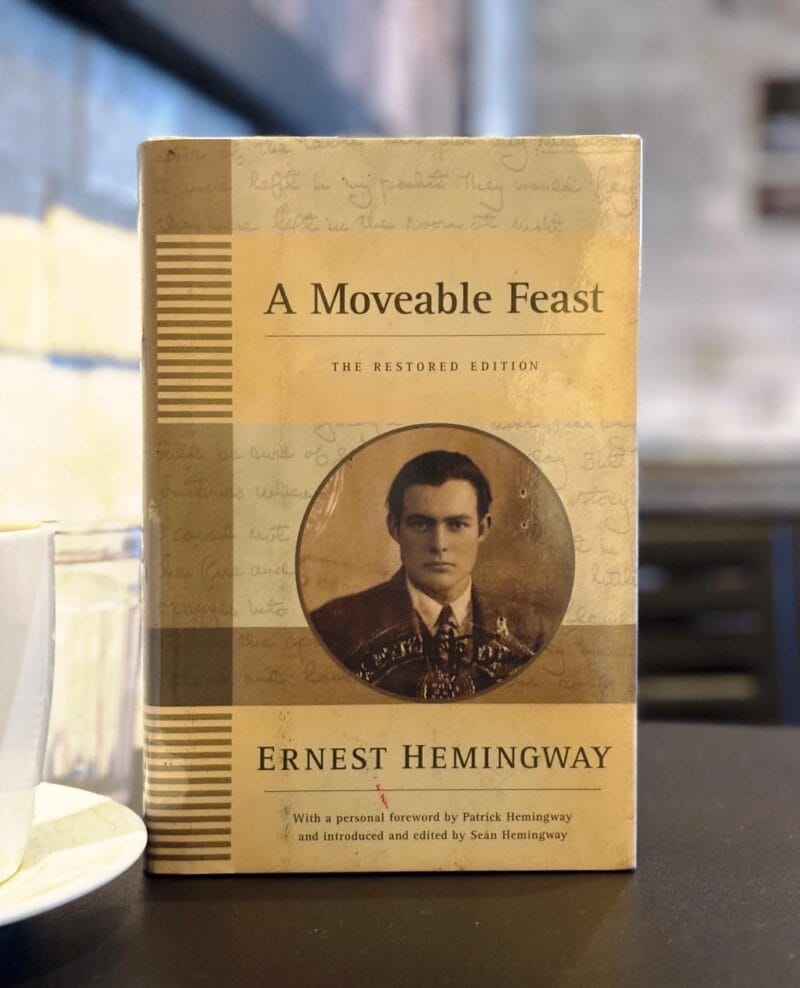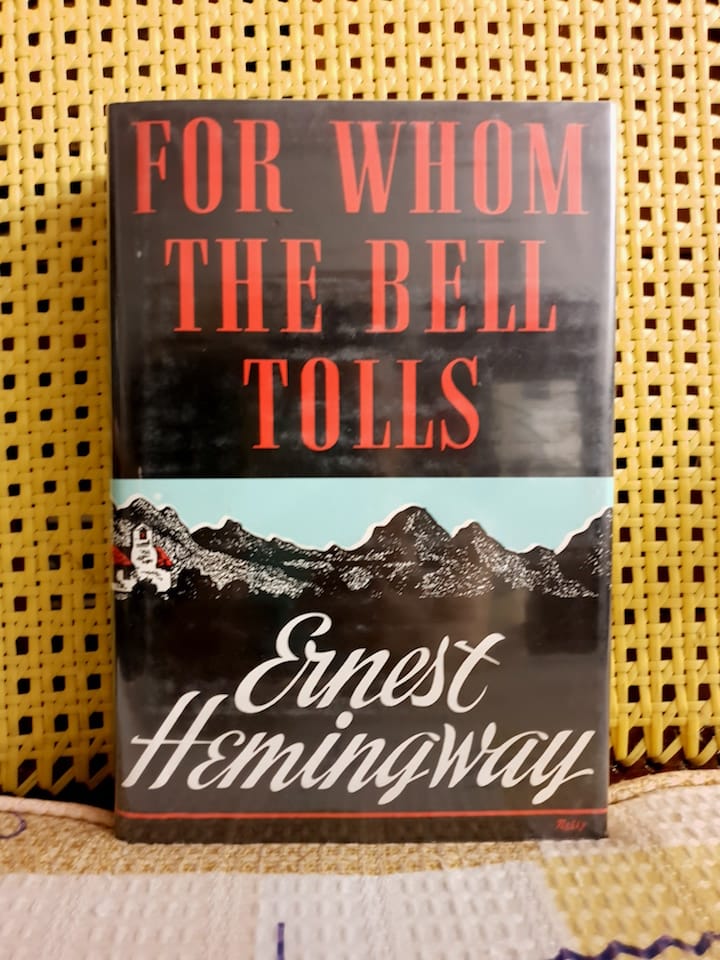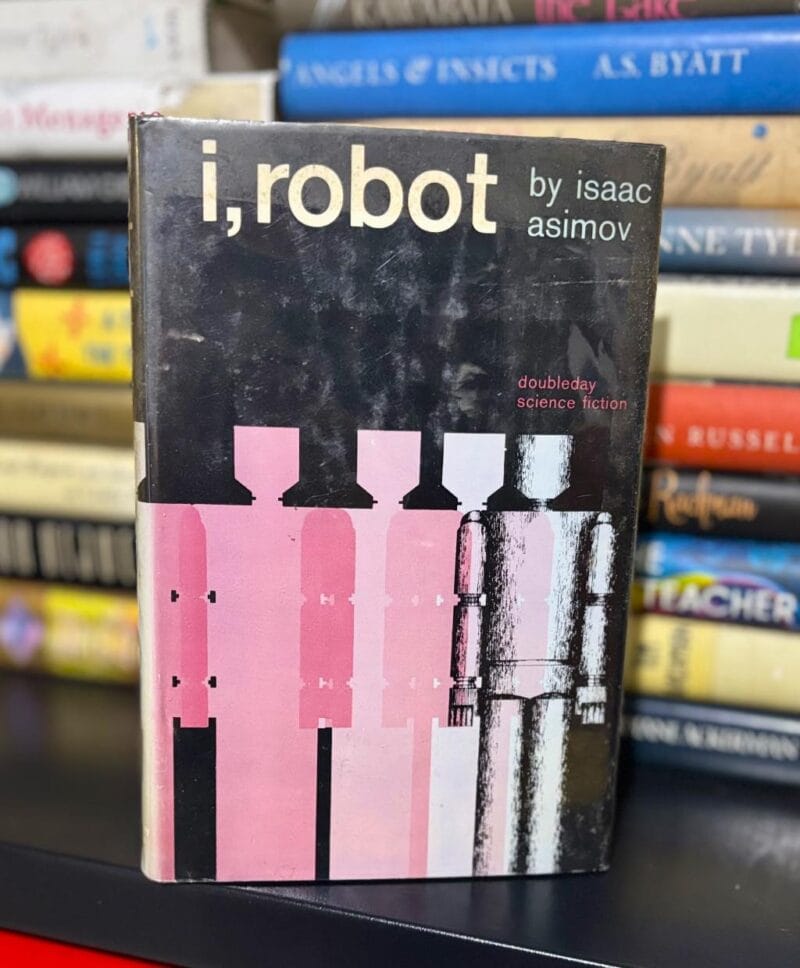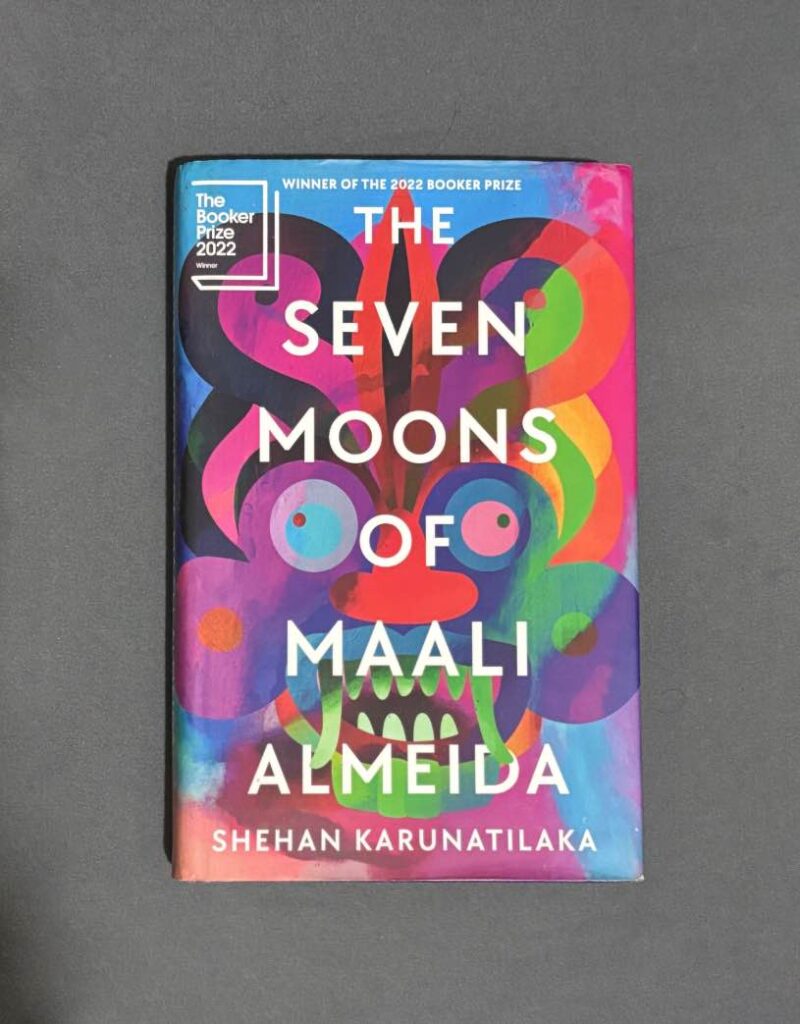Captain Ahab, from Herman Melville’s Moby-Dick (1851), stands as one of literature’s most enigmatic and compelling figures. He is the monomaniacal sea captain who pursues revenge against the great white whale, Moby Dick, that took his leg. Ahab’s obsessive quest for vengeance drives the narrative and represents a complex study of vengeance, obsession, and human will against nature.
Ahab’s fixation on Moby Dick highlights his deep psychological and existential struggles. His relentless pursuit of the whale transcends a mere hunt, symbolizing a profound conflict with fate and the divine. As captain of the whaling ship Pequod, Ahab’s influence extends to every member of his crew, drawing them into his destructive vendetta.
Ahab’s Monomania
Captain Ahab’s revenge-driven journey impacts the entire crew of the Pequod. He offers a gold doubloon as a reward for the first sighting of Moby Dick, indicating how deeply his need for vengeance runs. This intense fixation turns Ahab into a monomaniacal figure, obsessed with avenging the loss of his leg to the white whale.
His obsession distances him from reality and reason. Crew members, like Starbuck, express skepticism, warning that such vengeance against a “dumb animal” is futile. Ahab, however, remains undeterred, showing the depth of his monomania.
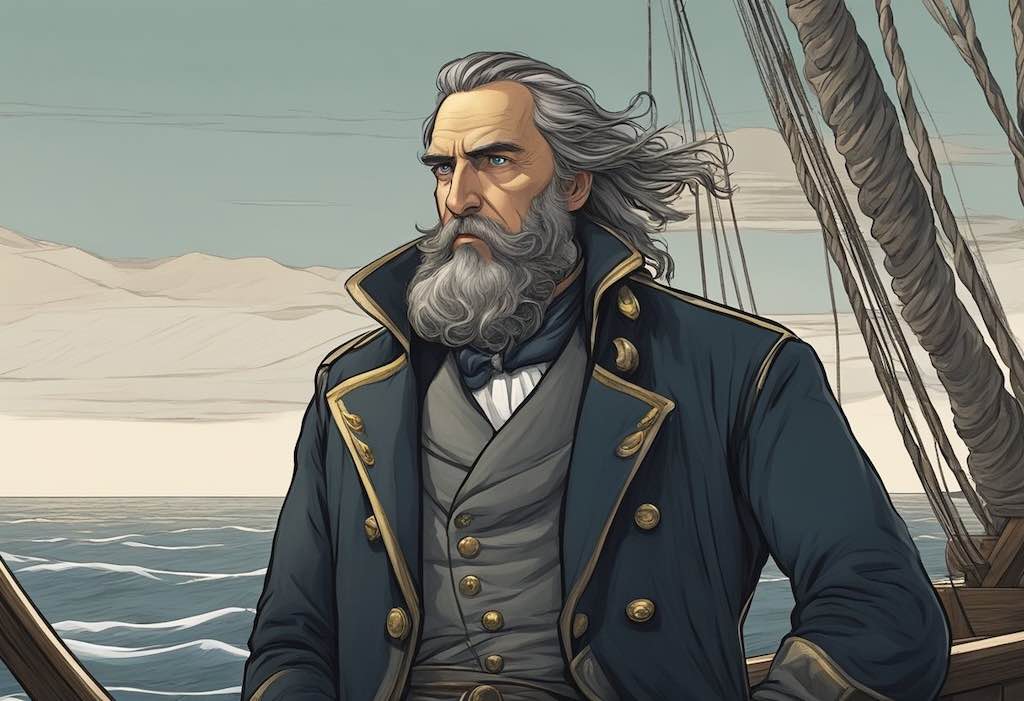
This fixation leads Ahab to view the great white whale as more than just a whale. He believes the creature embodies all evil forces, which only intensifies his desire for retribution.
In Chapter 36, Ahab’s fervor consumes him, as he rallies his crew into his vision of revenge, painting Moby Dick as the central antagonist of his life. His monomania propels the plot forward, resulting in tragic outcomes for nearly everyone aboard the Pequod.
The Great White Whale as a Symbol
For Captain Ahab, Moby Dick represents unconquerable evil. Ahab views the whale as a malevolent force that has wronged him personally by taking his leg. This personal vendetta drives Ahab’s obsessive quest for revenge.
However, Starbuck, the Pequod’s first mate, sees Moby Dick differently. To him, the whale is simply an exceptionally dangerous creature. Starbuck’s perspective is more practical and less imbued with emotion, highlighting a stark contrast to Ahab’s view.
Moby Dick can also be seen as a symbol of nature’s power and mystery. The whale is vast, powerful, and enigmatic, making it an imposing figure that embodies the untamed forces of the natural world. This interpretation underscores the human struggle against nature’s often indifferent and overpowering forces.
Furthermore, Ishmael, the story’s narrator, offers a broader philosophical insight. Moby Dick represents the unknowable, an ultimate enigma that challenges human understanding. Ishmael’s reflections frequently touch on the limits of knowledge and the mysteries that lie beyond human grasp.
Existential Questions
Captain Ahab’s fixation on the white whale symbolizes his struggle with fate and free will. He seeks meaning in his suffering and revenge. This struggle questions whether life is a series of random events or if there is a larger purpose to existence.
His story of revenge also raises questions about identity and personal purpose. His single-minded pursuit of Moby Dick dominates his identity, leaving little room for anything else. In this, Melville explores the dangers of letting one purpose consume an individual entirely.
Ahab’s interactions with his crew further highlight these existential themes. His dominance and charisma pull others into his quest, reflecting on how personal obsessions can affect those around an individual.
The novel juxtaposes Ahab’s existential questions with those of Ishmael, who serves as a thoughtful observer. Ishmael’s reflections provide a counterpoint to Ahab’s obsession, offering a broader philosophical perspective on existence and meaning.
Existential questions in Moby-Dick extend to themes of mortality and the unknown. Ahab’s quest can be seen as a fight against his own mortality and the limits of human understanding. This underscores the broader human desire to conquer the unknown and assert control over one’s fate.
Furthermore, the varied symbolism attributed to Moby Dick enriches the novel’s thematic complexity. Through the eyes of different characters, the great white whale shifts from a simple beast to an entity laden with profound meaning, reflecting the multifaceted nature of human perception and experience.
Selected Passage with Analysis
There are certain queer times and occasions in this strange mixed affair we call life when a man takes this whole universe for a vast practical joke, though the wit thereof he but dimly discerns, and more than suspects that the joke is at nobody’s expense but his own.
Page 257, Moby-Dick by Herman Melville
In this passage, Melville delves into the existential absurdity of human life, presenting it as a "practical joke" whose meaning remains elusive. The main idea centers on the tension between humanity’s desire to find order in the universe and the seeming futility of that pursuit, leaving individuals to suspect they are the unwitting targets of this cosmic jest. This reflection reveals a profound sense of vulnerability, highlighting the human struggle to grasp deeper truths in an enigmatic world.
Melville’s use of metaphor and dark humor enhances the philosophical depth of the passage. By likening life to a “vast practical joke,” he conveys the paradox of existence—simultaneously absurd and profoundly significant. The phrase “dimly discerns” evokes the limited scope of human understanding, while the assertion that the joke is “at nobody’s expense but his own” captures the isolating nature of self-awareness. These techniques emphasize the disconnect between human aspirations for meaning and the indifference of the universe.
Positioned within the novel, this passage mirrors Ishmael’s reflective and skeptical outlook, shaped by his encounters with nature’s chaotic forces and Ahab’s destructive monomania. Written during an era of scientific upheaval and spiritual uncertainty, it resonates with the mid-19th century’s grappling with humanity’s place in an expanding, often inscrutable cosmos. This timeless meditation invites readers to confront their own understanding of existence and its inherent ambiguities.
Further Reading
What “Moby-Dick” Means to Me by Philip Hoare, The New Yorker
The Philosophy of “Moby Dick” by Daniel Sullivan, Owlcation
How do you explain Moby Dick badly to someone who has never read it? on Quora
Why Does Moby-Dick (Sometimes) Have a Hyphen? by Erin Blakemore, Smithsonian Magazine
